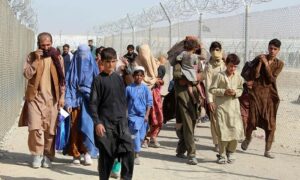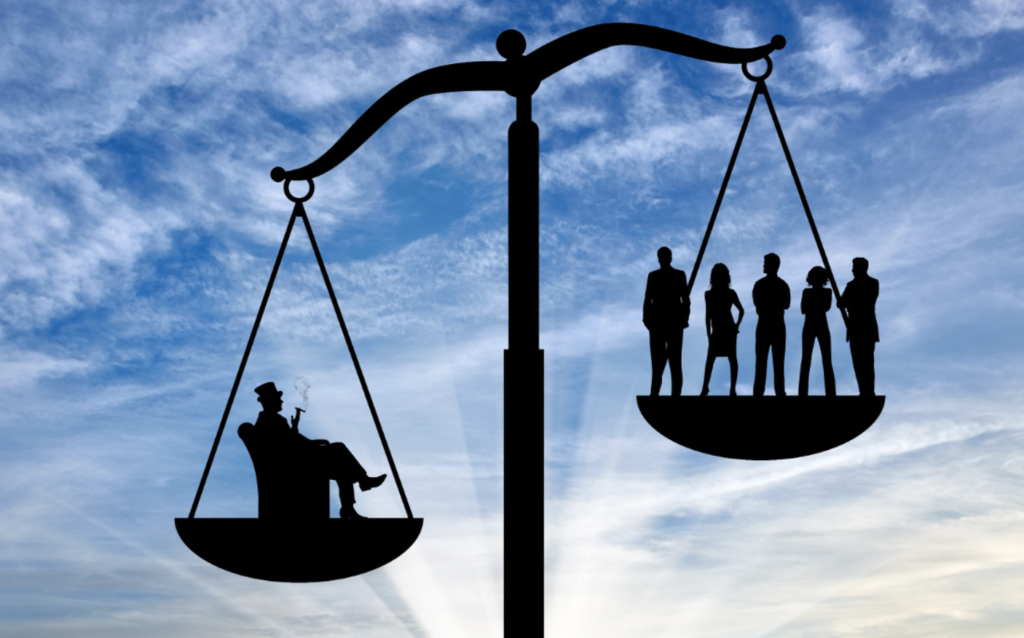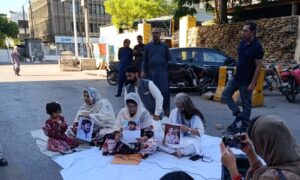Income inequality has been a longstanding issue in Pakistan, with the gap between the rich and the poor continuing to widen over the years. This article will explore the causes and effects of income inequality on the Pakistani economy.
Firstly, income inequality is caused by a number of factors, including the uneven distribution of resources and opportunities. For example, many people in Pakistan do not have access to quality education or healthcare, which limits their ability to earn higher incomes. Furthermore, the concentration of wealth in the hands of a few elite families and individuals has also contributed to income inequality in the country.
The effects of income inequality on the Pakistani economy are far-reaching. One of the most significant impacts is the reduction of overall economic growth. When income is concentrated in the hands of a few individuals or groups, consumer demand is limited, leading to a decrease in economic activity. This, in turn, reduces job opportunities, further exacerbating the income gap.
In addition, income inequality also leads to a decline in social mobility, as those from lower-income families find it increasingly difficult to climb the economic ladder. This limits the potential for economic growth, as the best and brightest are unable to contribute fully to the economy.
Another effect of income inequality is increased poverty and social unrest. As the income gap widens, those at the bottom of the income scale struggle to make ends meet, and the gap between the rich and the poor becomes increasingly apparent. This can lead to social unrest and instability, which can have negative impacts on the economy.
Moreover, income inequality also has an impact on health and well-being. Those with lower incomes are more likely to suffer from health problems, such as malnutrition and lack of access to healthcare, which can lead to decreased productivity and economic output.
Furthermore, income inequality can also lead to corruption, as those with wealth and power are able to use their resources to influence government policies and regulations. This can lead to an unfair playing field for businesses and individuals, further perpetuating income inequality.
The impact of income inequality can also be seen in the education sector. Those from low-income families often have limited access to quality education, which limits their potential for future earning and success. This, in turn, limits economic growth and the potential for innovation and development.
Moreover, income inequality can also contribute to environmental degradation. Those with more wealth are often able to consume more resources, leading to higher levels of pollution and depletion of natural resources.
To address income inequality in Pakistan, there needs to be a concerted effort to redistribute wealth and resources more equitably. This can be achieved through policies such as progressive taxation, which taxes higher-income earners at a higher rate, and increased investment in education and healthcare to provide opportunities for all.
In conclusion, income inequality has significant effects on the Pakistani economy. By limiting economic growth, social mobility, and access to resources, income inequality perpetuates poverty and undermines the potential for development and progress. To address this issue, there needs to be a commitment to redistributing wealth and resources more equitably and providing opportunities for all. By doing so, Pakistan can unlock its full economic potential and create a more just and prosperous society for all its citizens.











